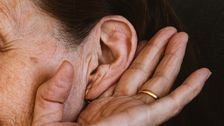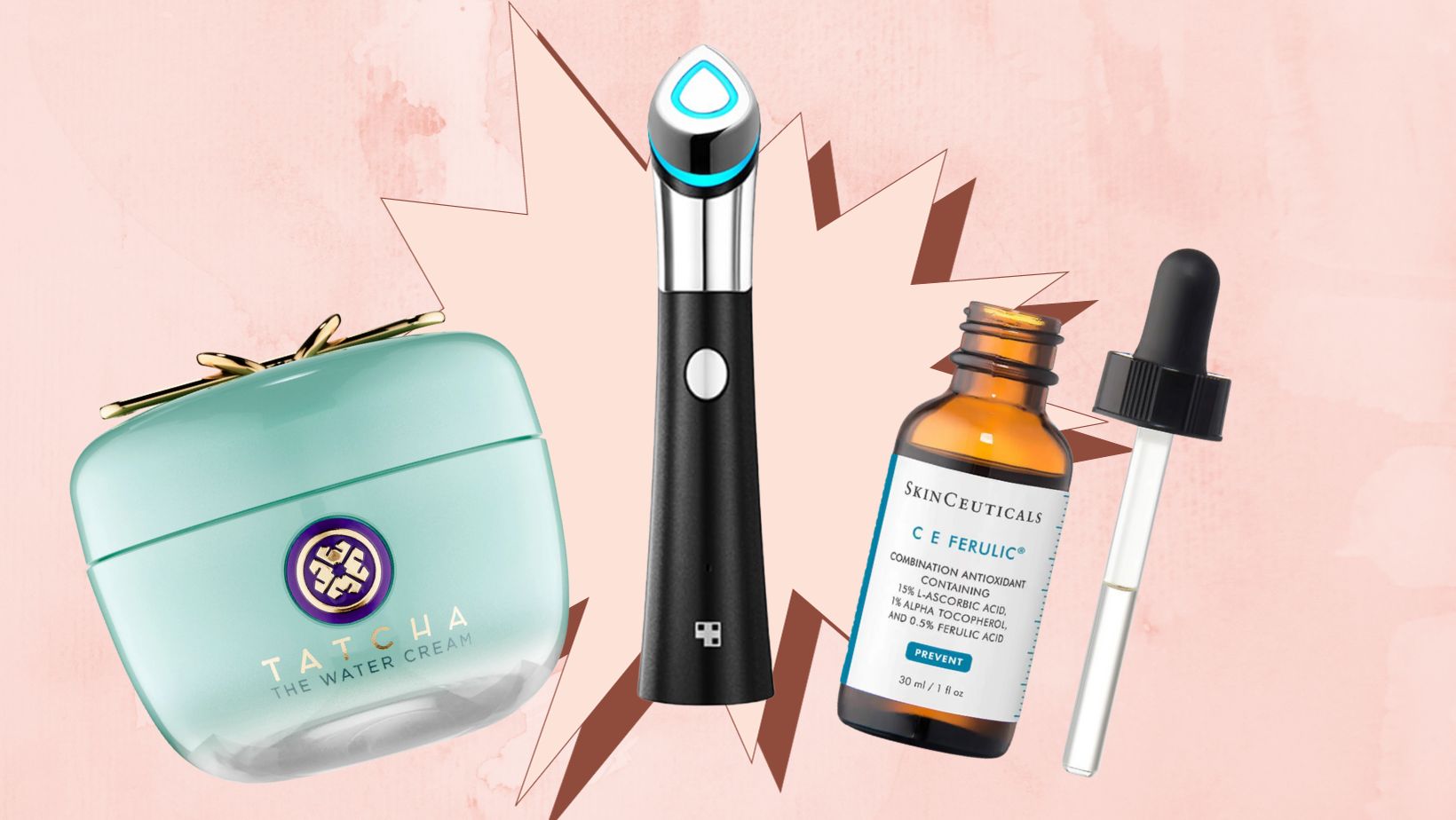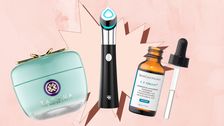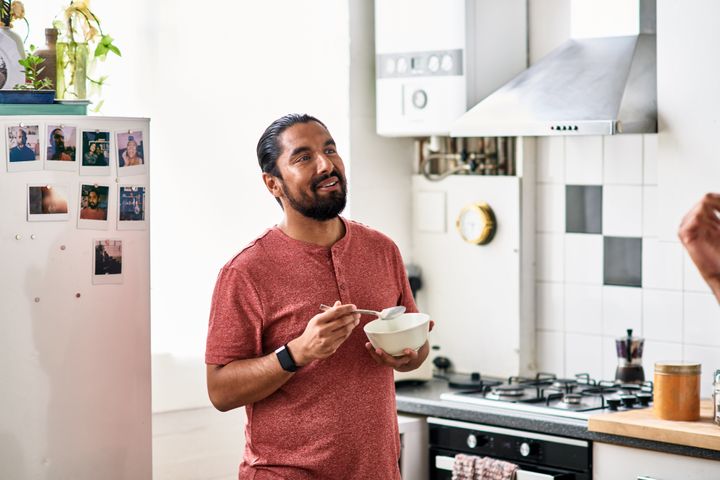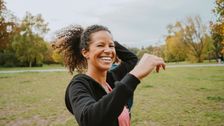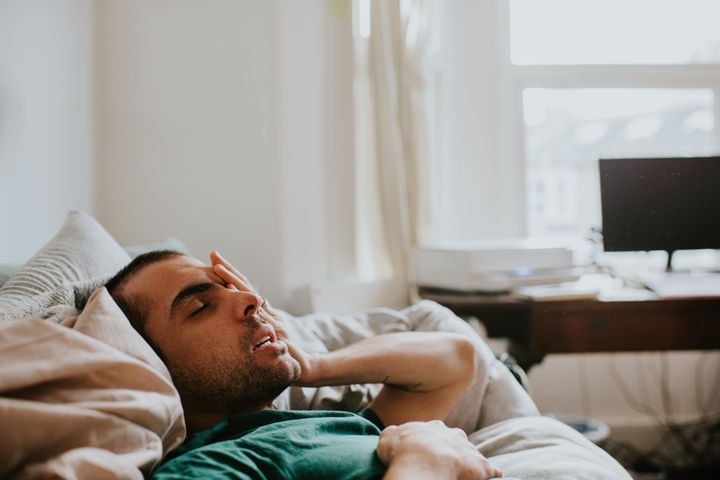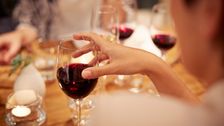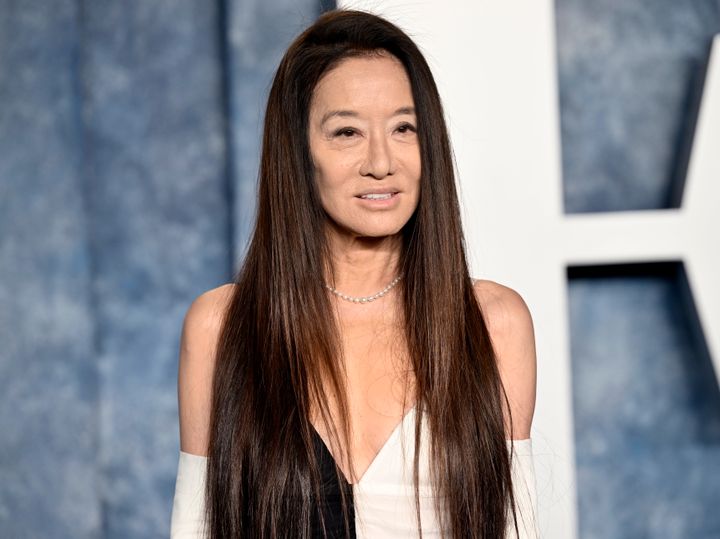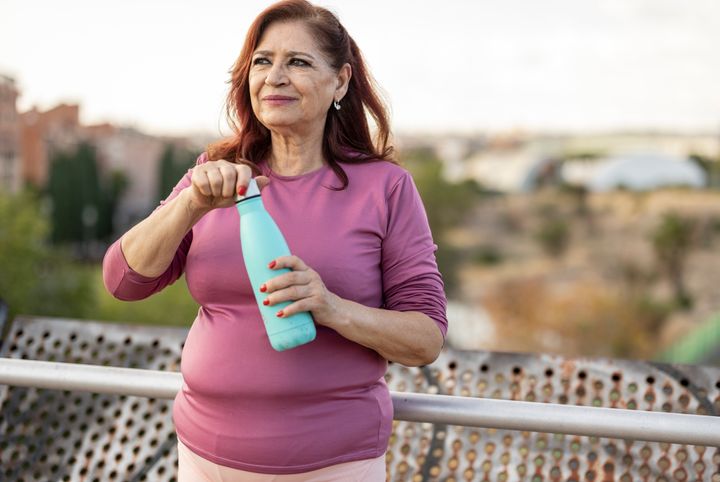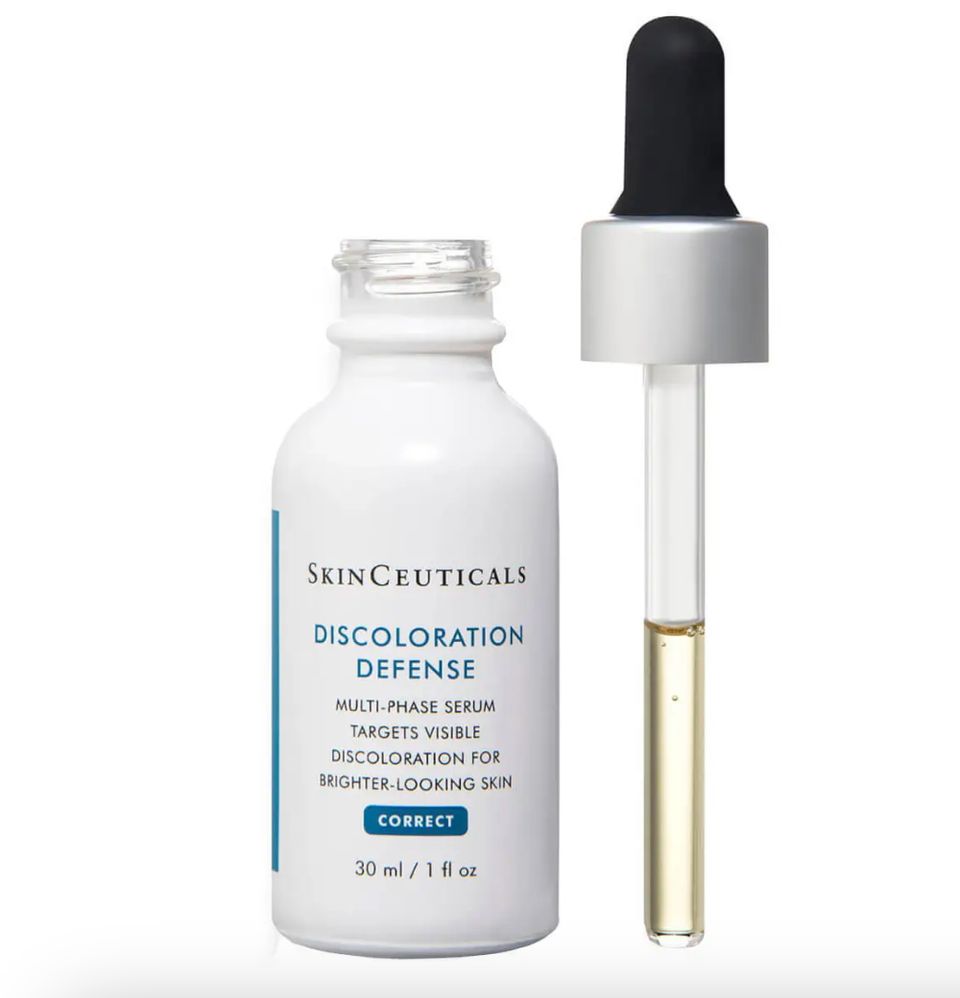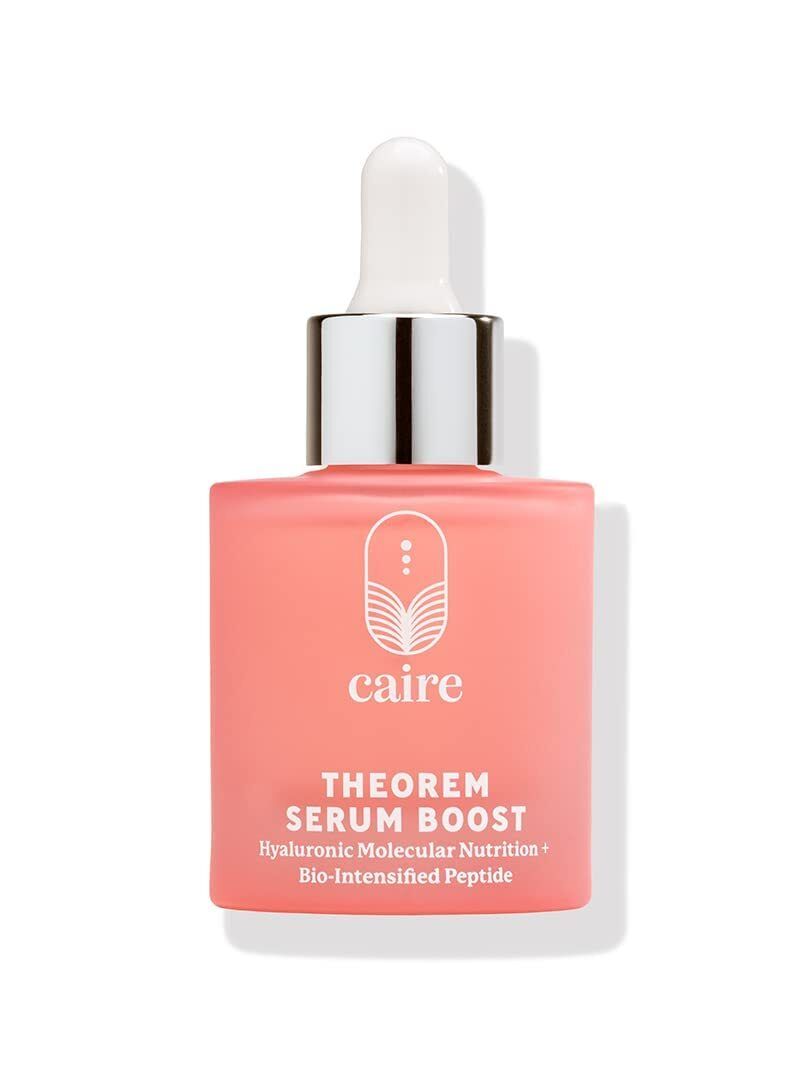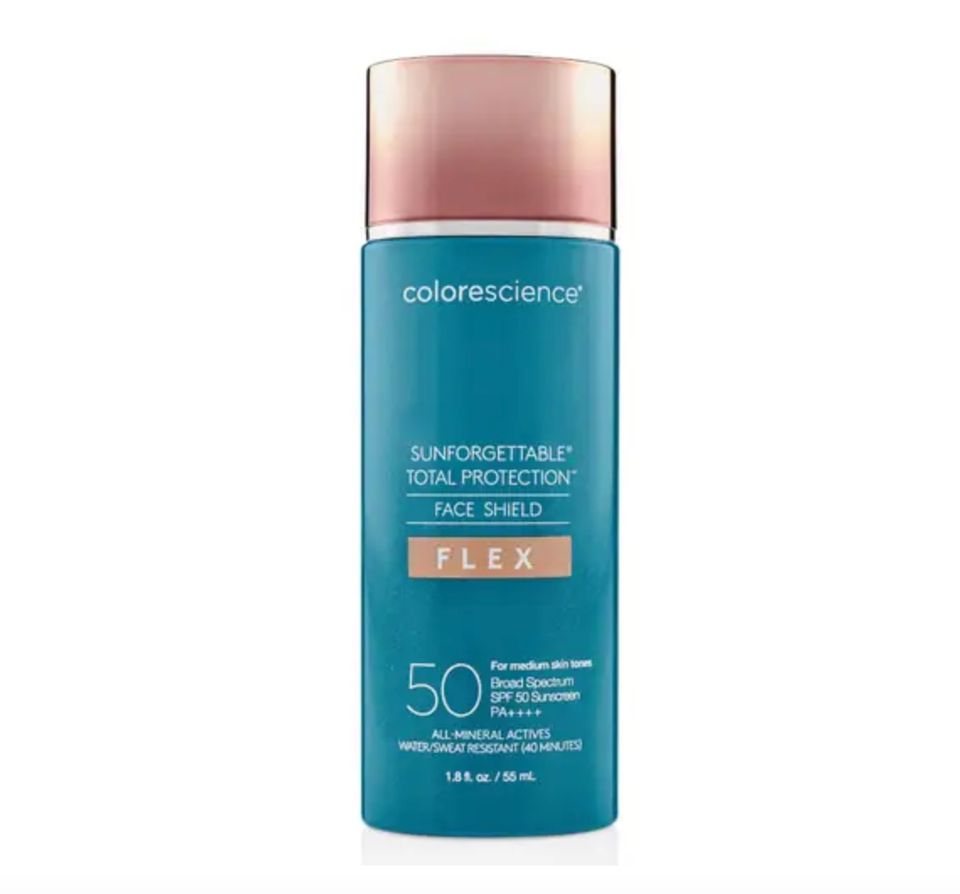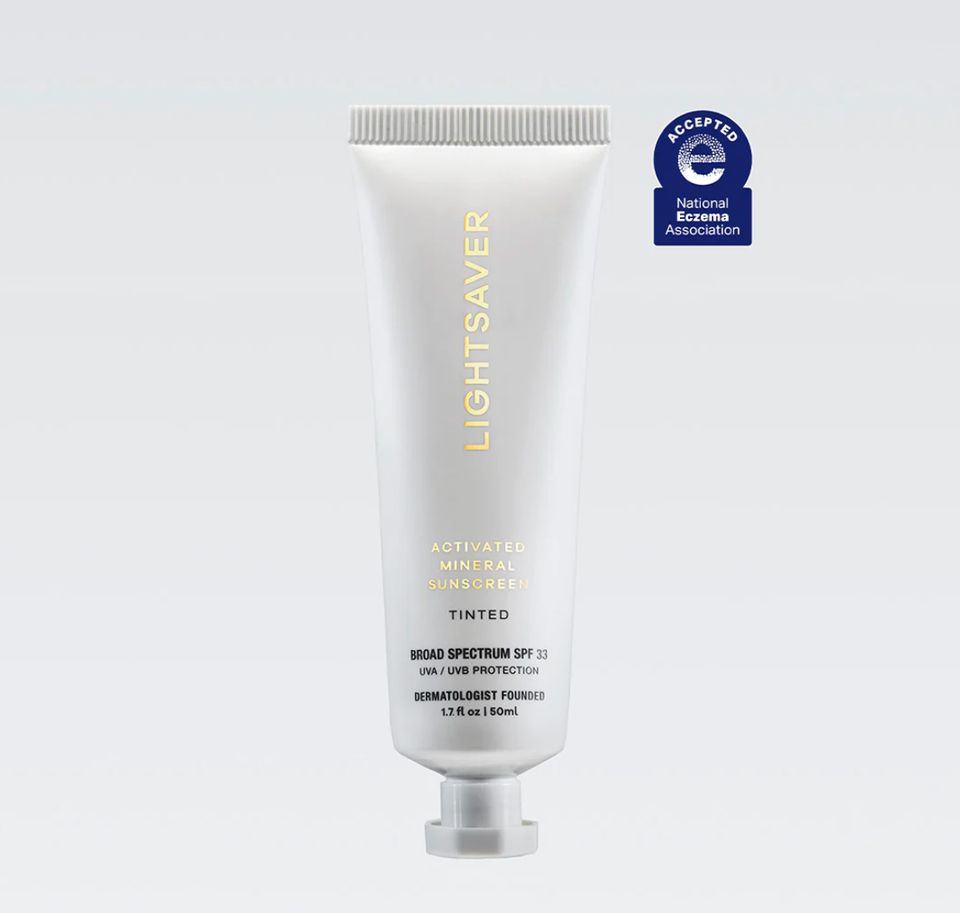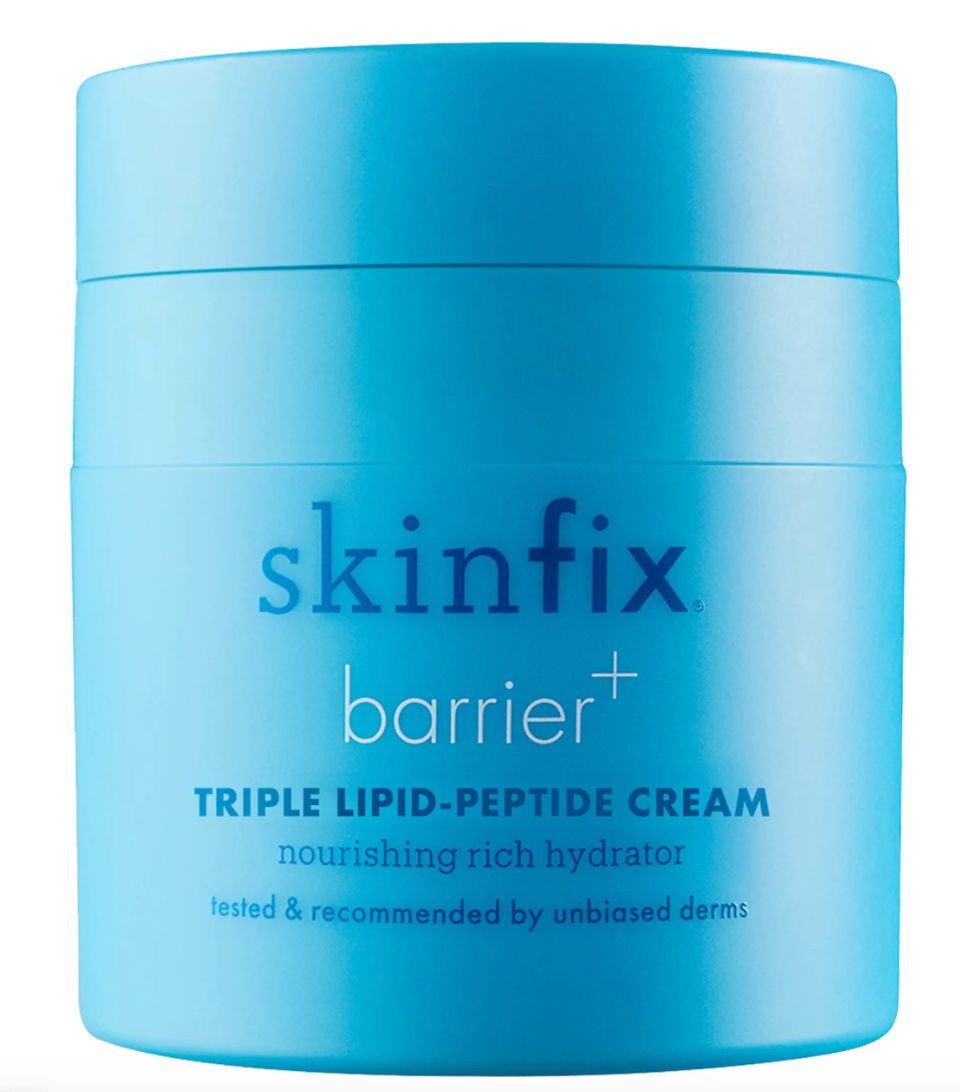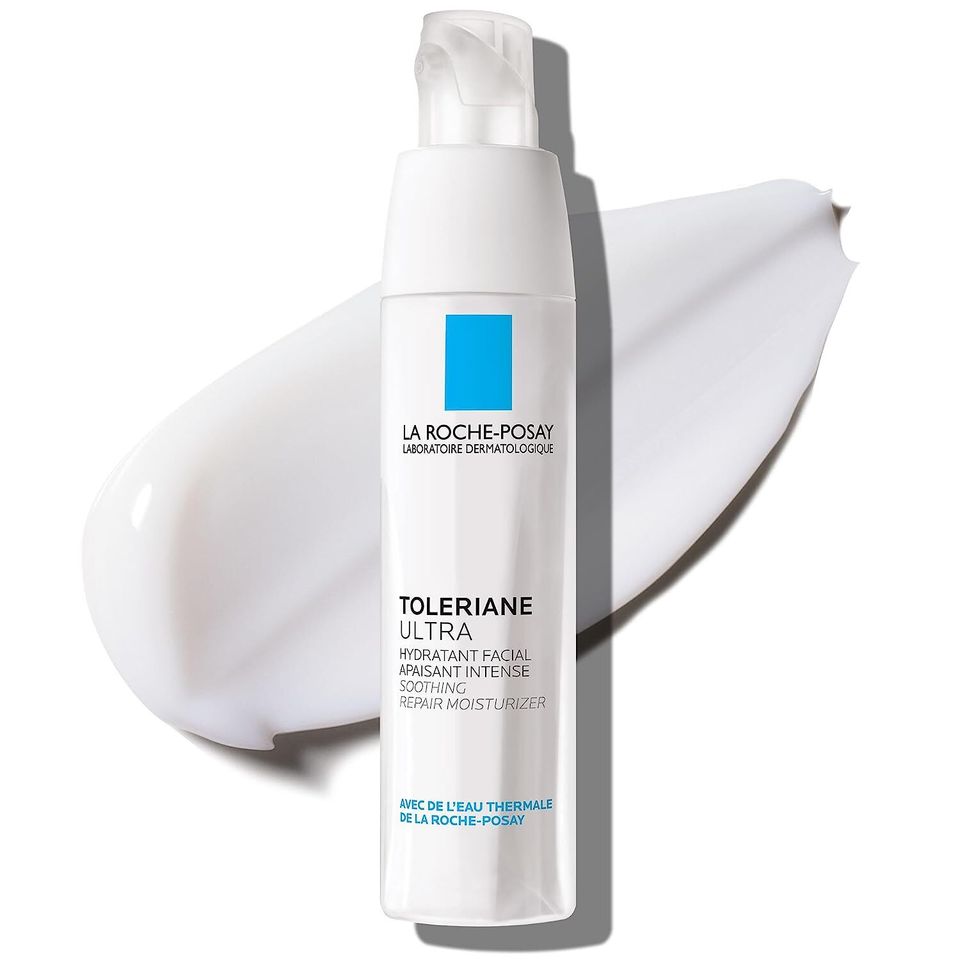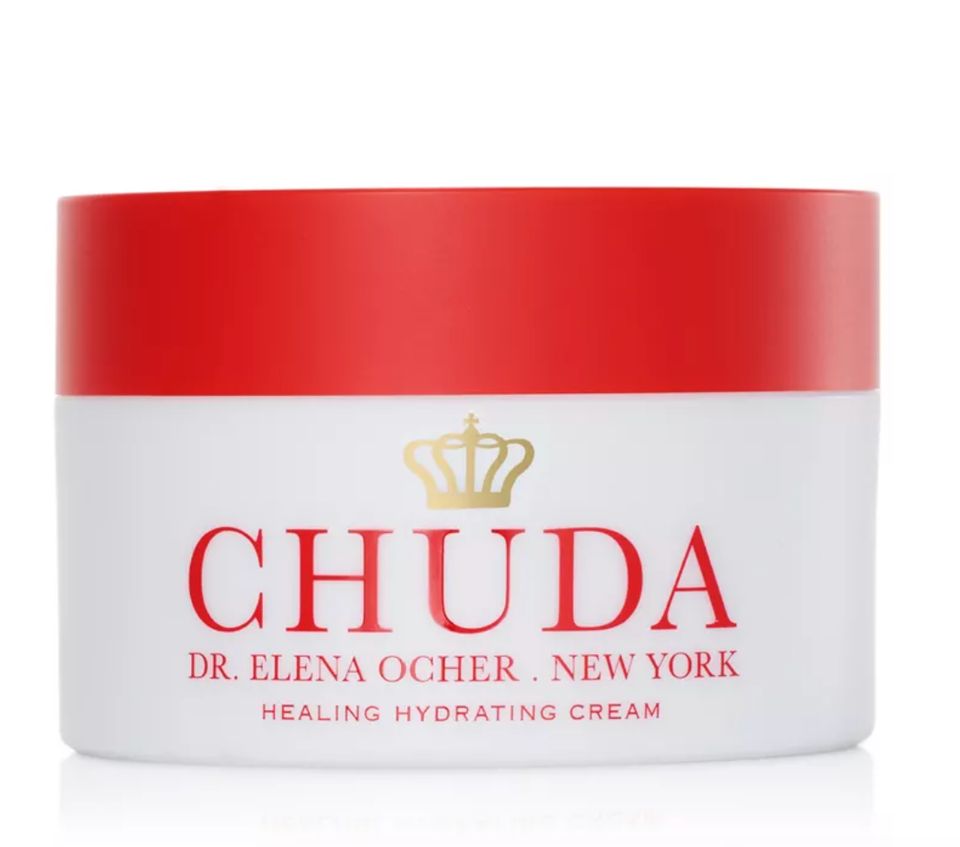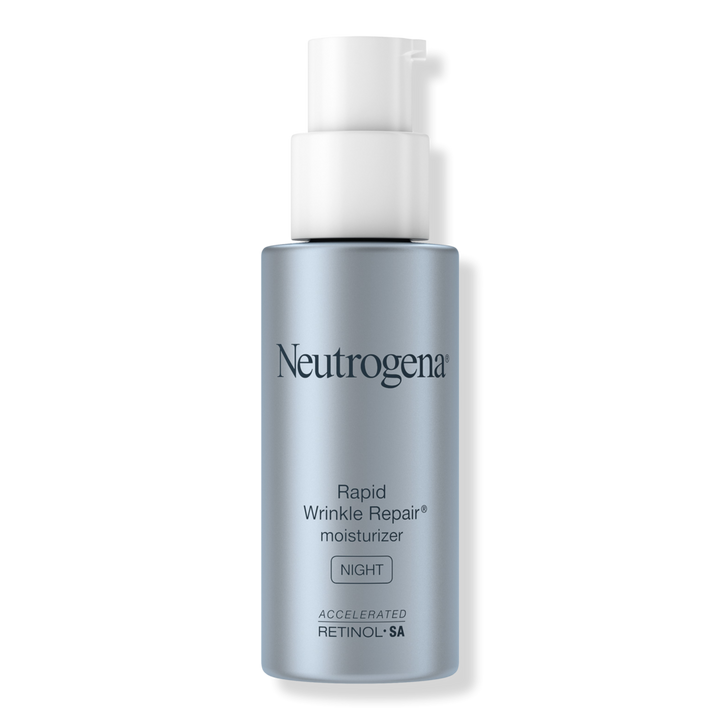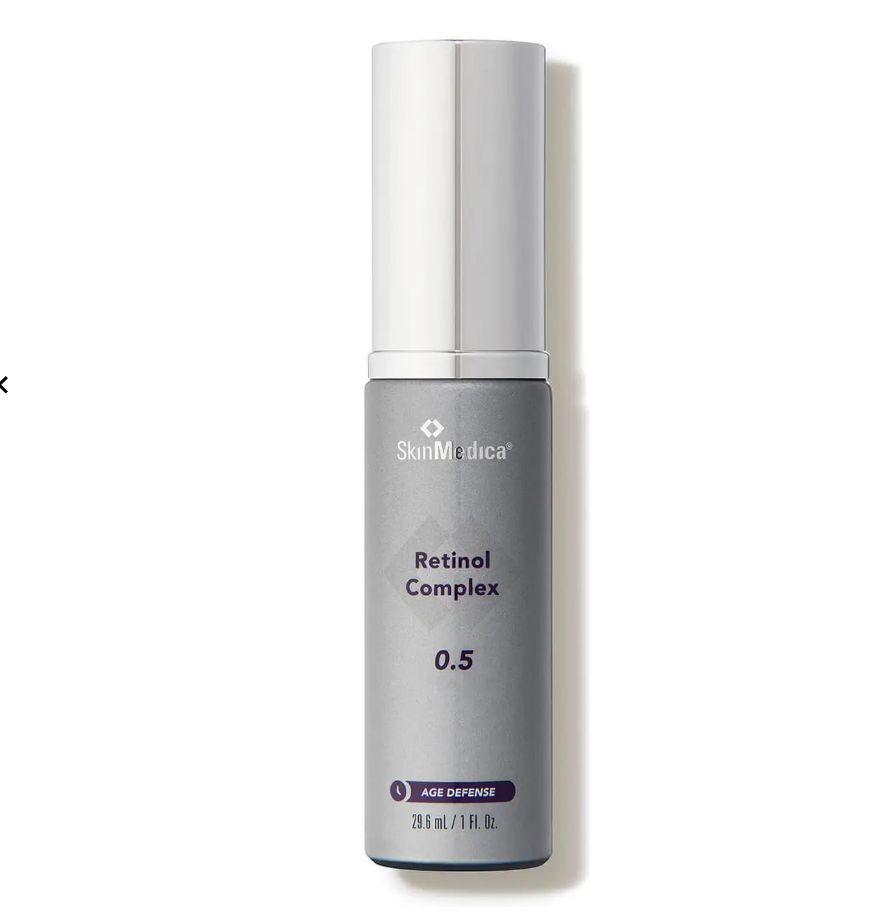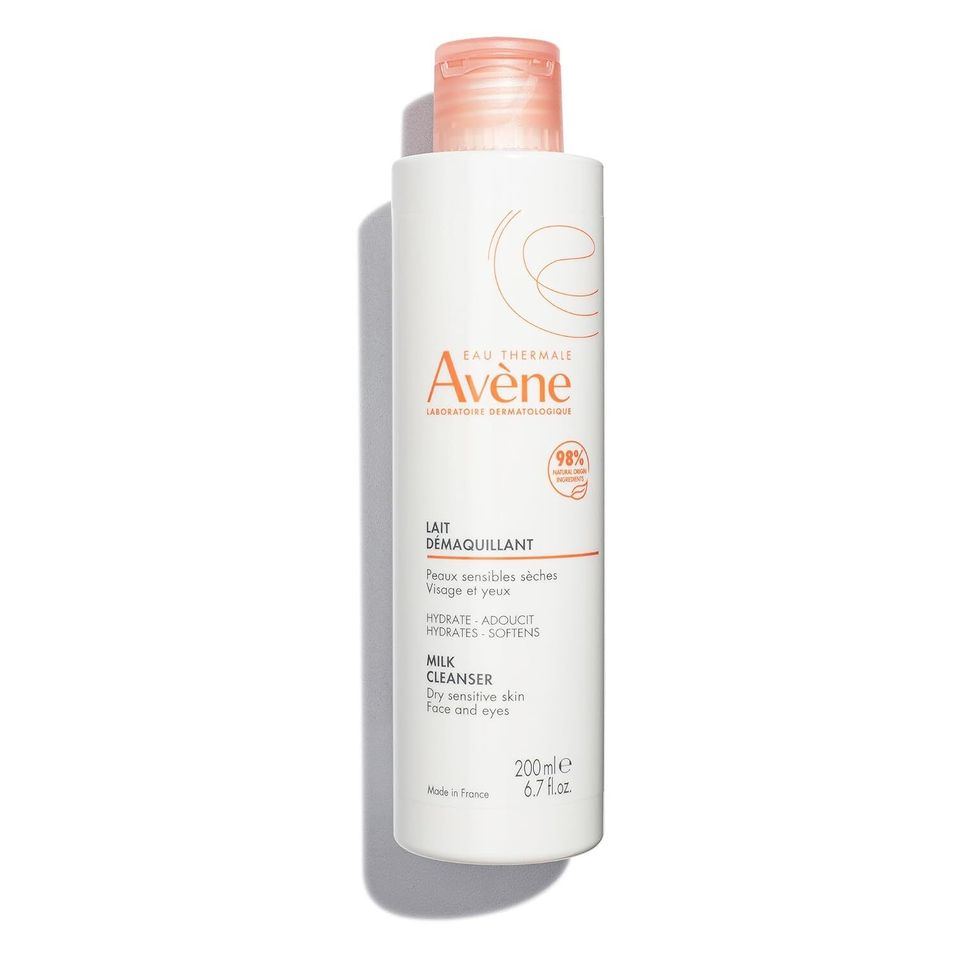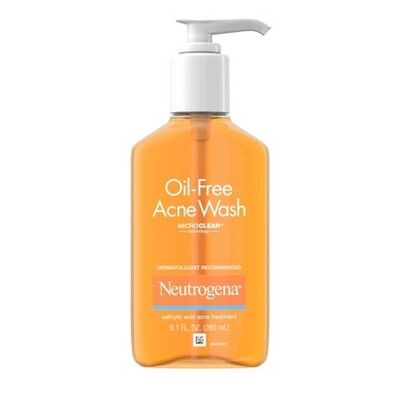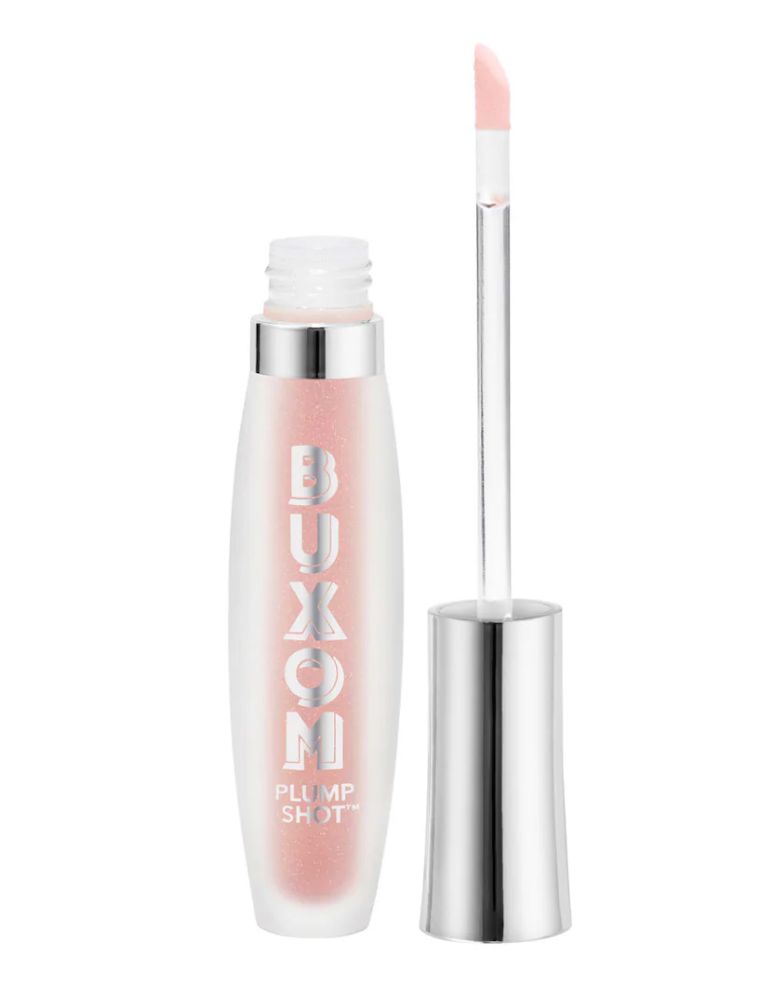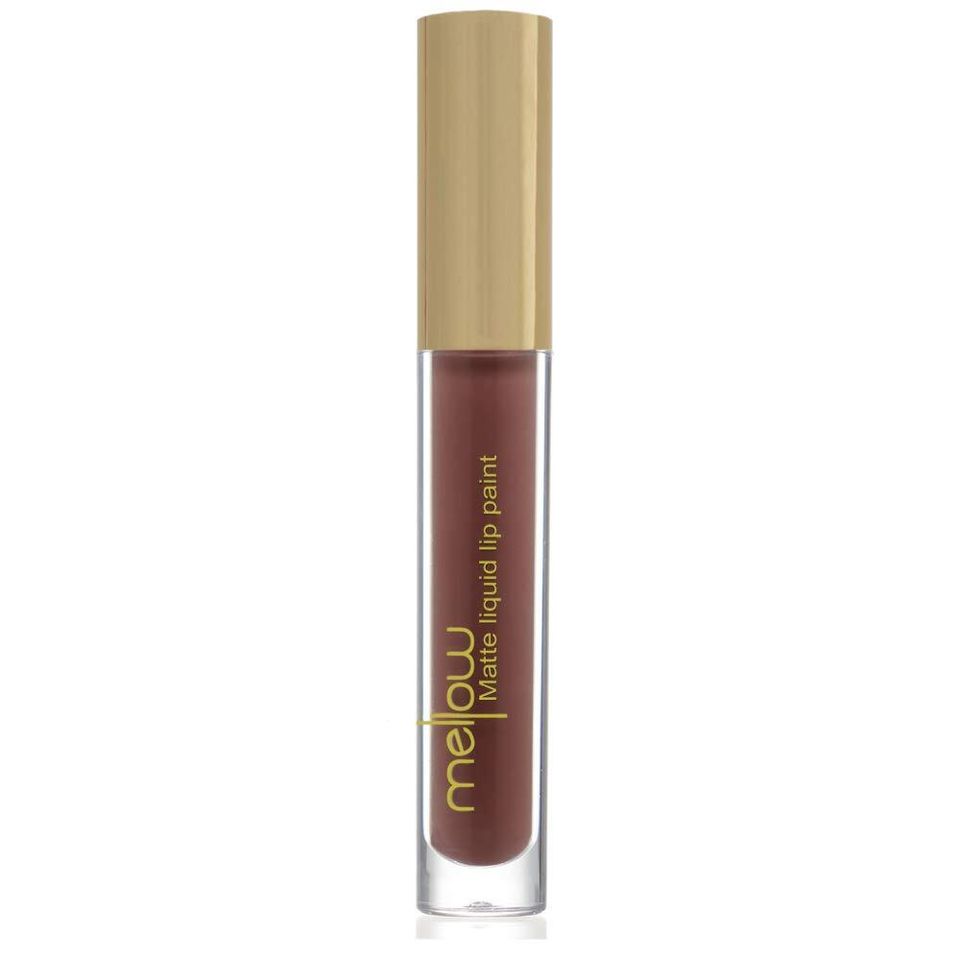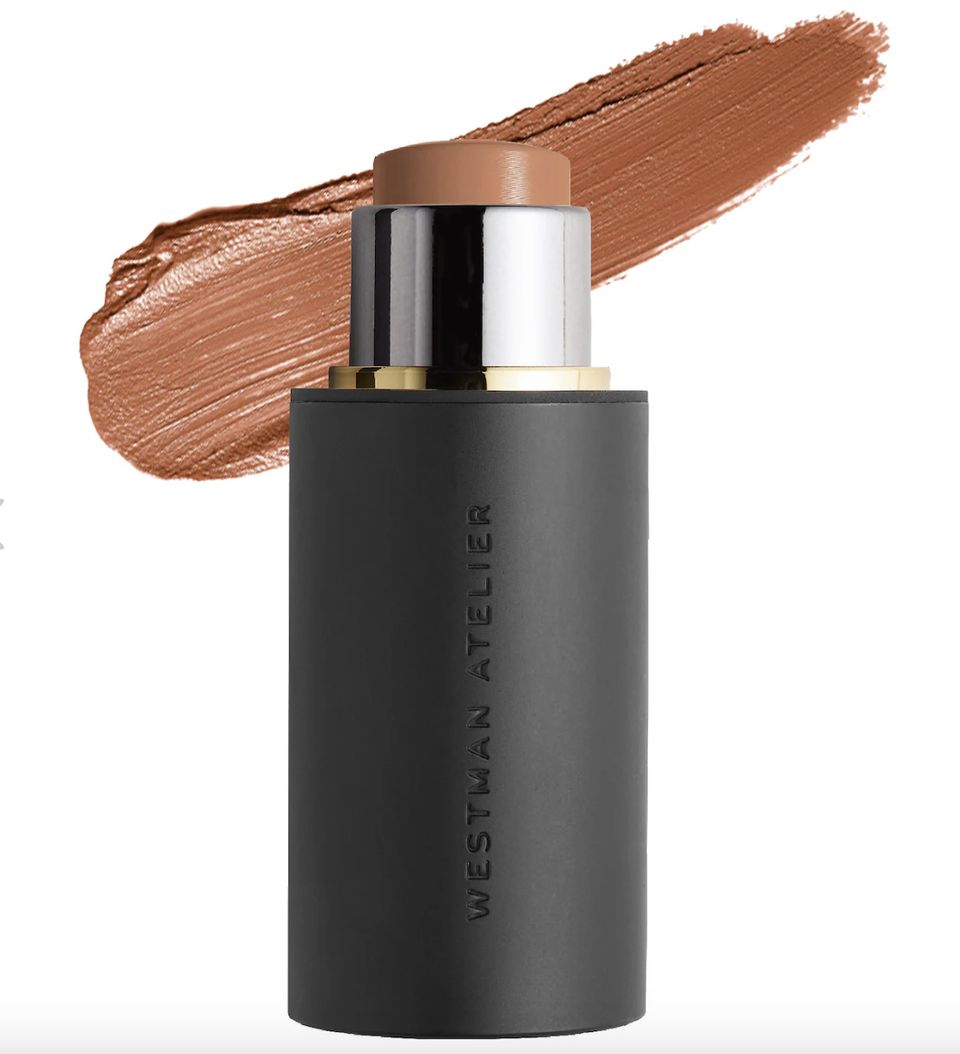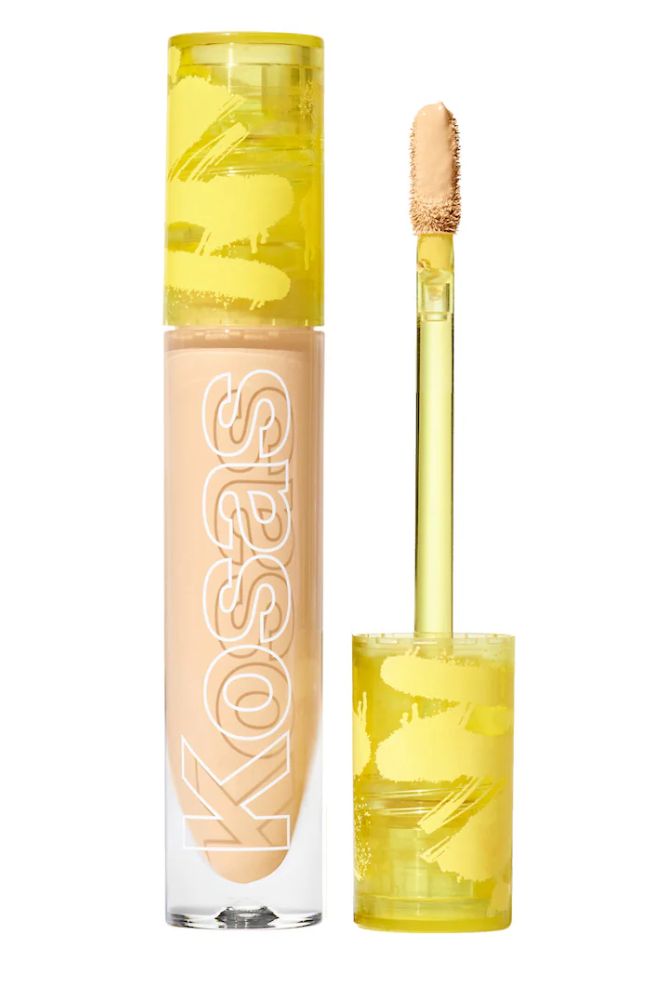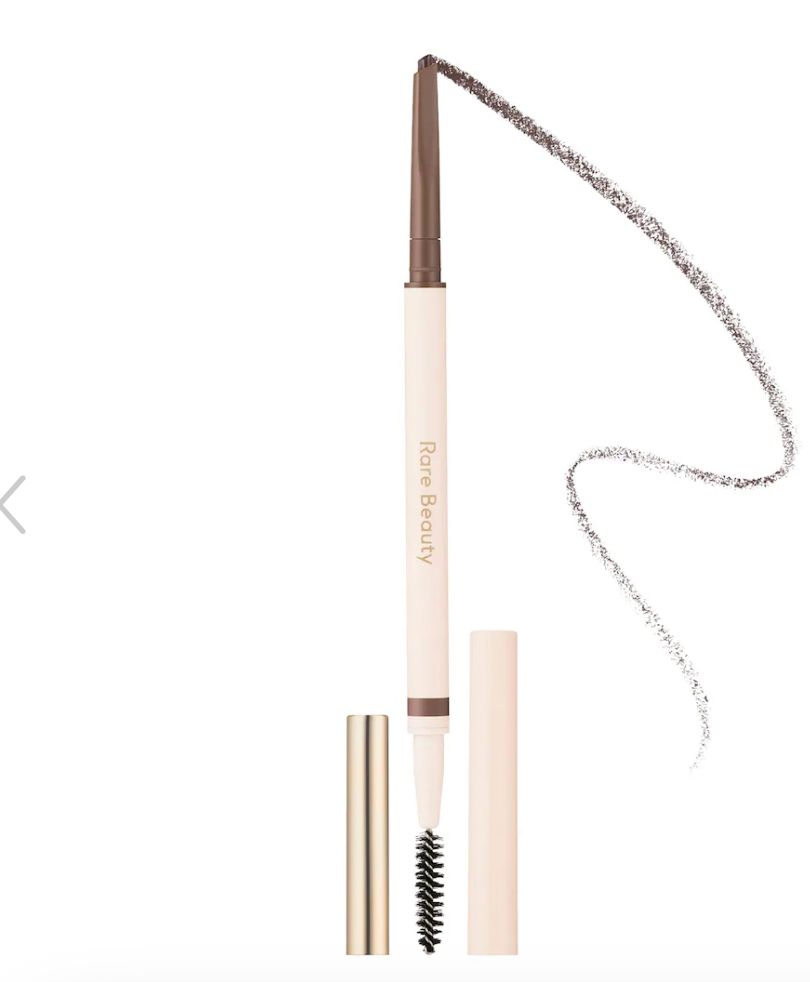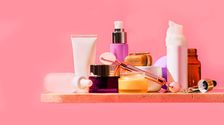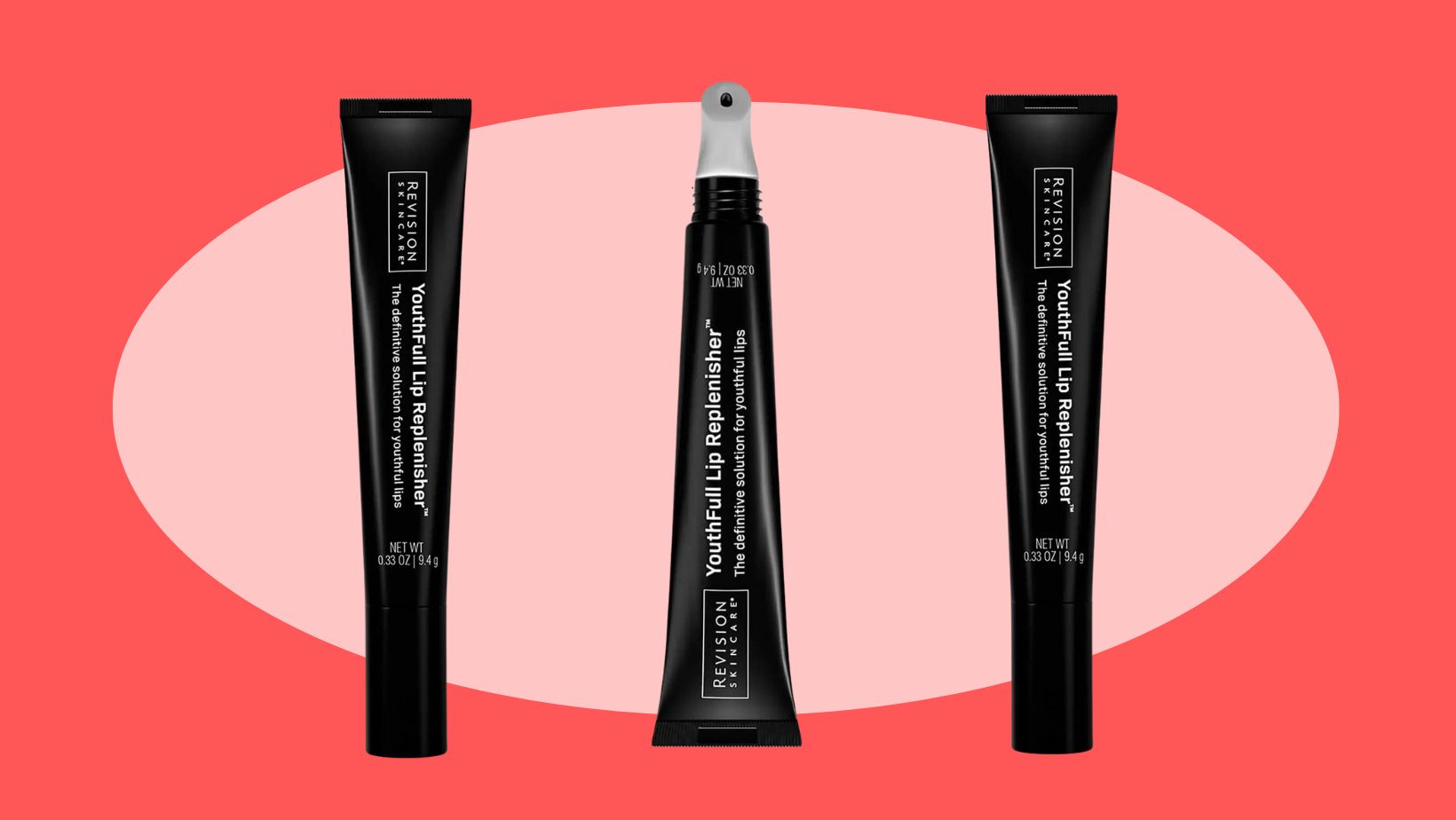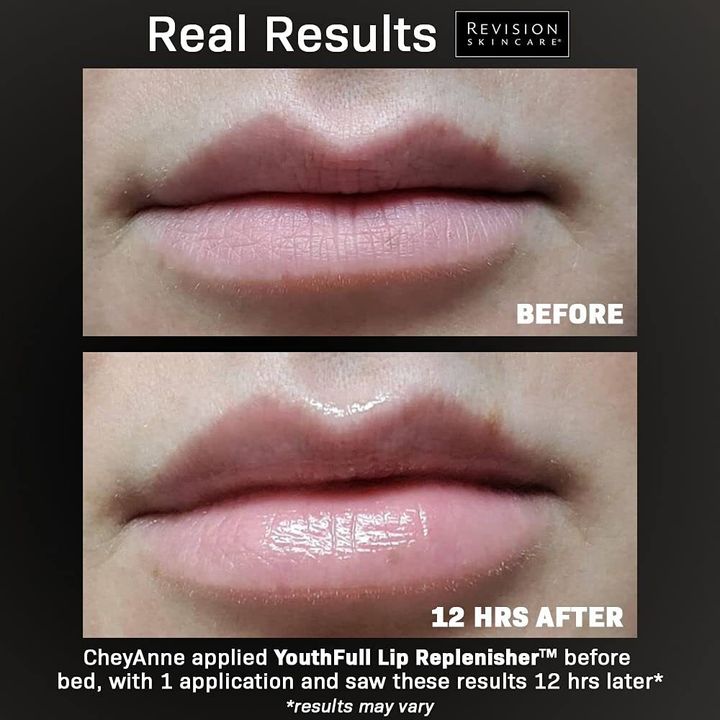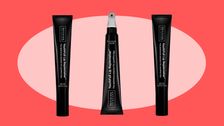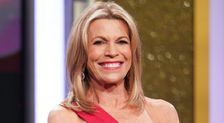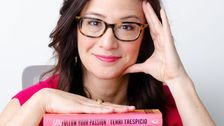Aging is a battle with gravity, and gravity always wins. While many body parts become droopier with each passing year, there’s one that often seems to get bigger with time — our ears. Will it make you feel any better if we tell you they’re not really growing, but just, um, “elongating” themselves? Yeah, we didn’t think so.
We looked into the scientific reasons for this more-or-less-universal human phenomenon. Dr. Nina Shapiro is a pediatric ear, nose and throat specialist at Los Angeles’ Westside Head and Neck, and a professor emerita at UCLA. She explains it this way: “Just as the other facial tissues, such as cheeks and jowls, tend to stretch, so do the ear structures.”
Advertisement
“What’s actually changing is the soft tissue, meaning the cartilage of the external ear or auricle, and the lobule, or ear lobe,” Shapiro says. “Aging reduces our levels of collagen, which gives integrity to skin and cartilage, which leads to stretching of those tissues. The functional parts of the ear, including the ear drum, ear bones and inner ear structures, aren’t affected.”
Genetics can make it worse — and so can jewelry
Shapiro offered a few theories about how this can play out for different people. “Those with more laxity to the facial muscles and skin may have more tendency to elongation of the ear cartilage and ear lobes,” she said.
And there may even be a reason you suddenly look in the mirror and see your grandpa — especially around the ears. “Ear size and contour do tend to run in families, so while there may not be an actual ‘gene’ for big ears, you’ll probably find ear shape and size to be similar from one family member to another,” Shapiro suggested.
Another culprit may be your longtime love of layering on the jewels.
“Individuals with multiple piercings, or those who wear heavier earrings, may develop longer and stretchier ear lobes as they age,” Shapiro noted. “If you wear earrings, be mindful of changing out the heavy ones, and try not to sleep with them on.”
Advertisement
Relax, it’s normal
In many cultures, big ears are considered an indication of longevity or even prosperity.
Some scientists have investigated whether big ears do indeed play a role in how long people live… with inconclusive results. (A 1995 study, “Why Do Old Men Have Big Ears,” excluded women, but the phenomenon of stretched-out tissues happens pretty much equally for all.)
So far, it seems like those ears are just one more sign of years lived ― not an indicator of how long you’re going to be alive, or how much money is heading your way.
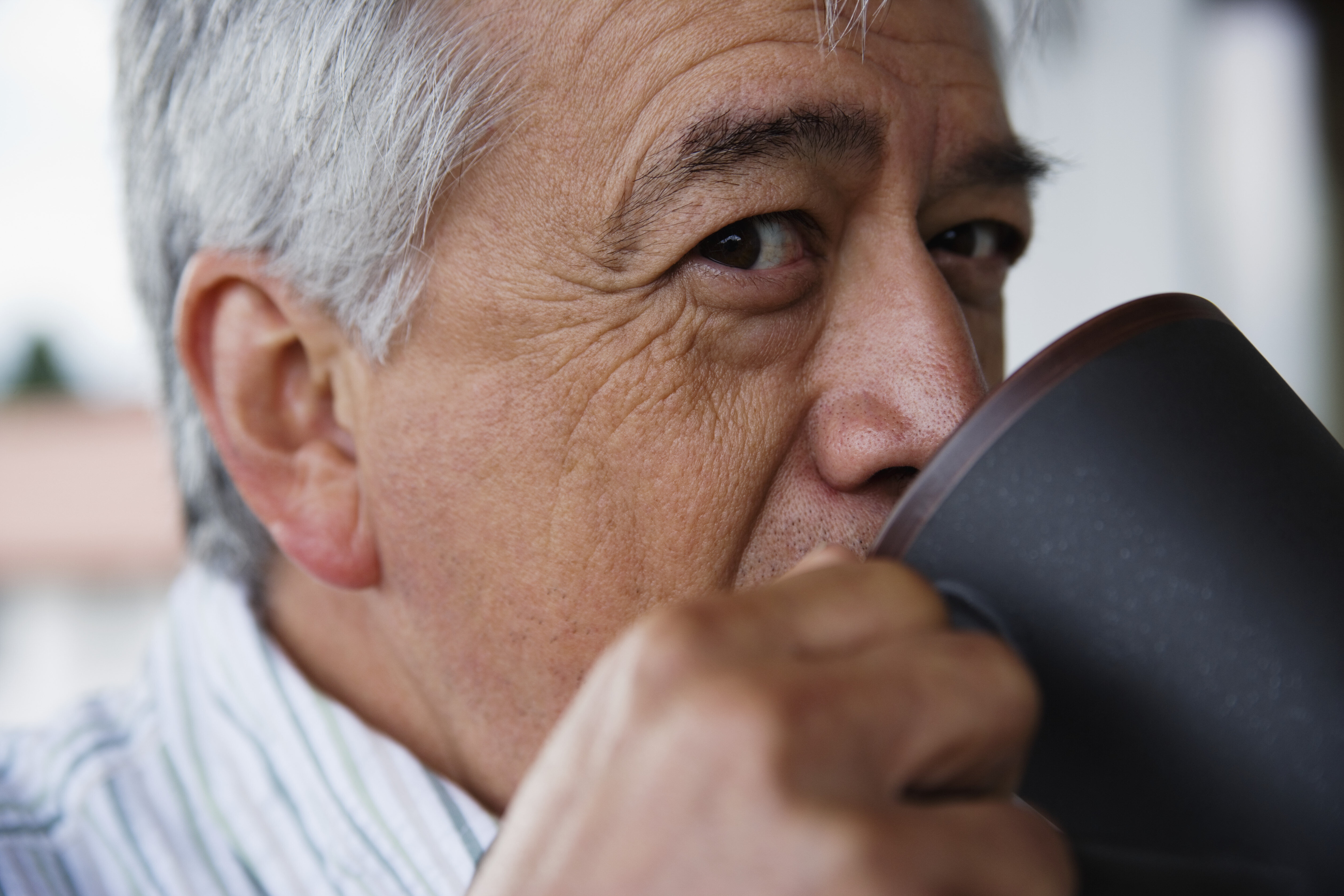
Colorblind Images LLC via Getty Images
Shapiro did note one ear irregularity that might be linked to overall health.
“The one factor we’ve seen as a health marker from the ears is a crease that can be seen in the earlobe,” she said. “While it is not a direct cause by any means, this crease may be associated with a higher risk of heart disease.”
But really, how do I look?
Steven Picciano, a hair stylist and national artist for Goldwell, has noticed a slight difference in the way men and women treat the issue.
Advertisement
“In the many years I’ve been behind the chair, male clients have rarely expressed concern about the size of their ears,” he said. “But female clients can be a bit more self-conscious, especially with the pressure to wear shorter hair as they age.”
“If clients are concerned about the size of their ears, I always make sure to create a shape that’s tapered through the nape,” he said. “It’s important for the cut to maintain some length and fullness through the top and sides, so a long pixie cut, bob or shag are all great options.”
Another trick you may want to mention to your stylist: “A lot of times it’s necessary to remove the extra weight right above the ear, so the hair can lay closer to the head shape, creating the illusion of less density or bulk in the area,” Picciano suggested.
Learn to love your ears
Shapiro notes that big ears are not necessarily a negative feature. And just like the rest of you, they deserve some care and attention.
“What’s most important is that one protects the ears when it comes to noise exposure, which may lead to permanent hearing loss,” she said. “In addition, as ears often are well-exposed to the sun, any scab or growth that doesn’t heal, or any pigmented lesion, needs to be addressed by your physician or dermatologist to rule out skin cancer. And please remember that ears — of any size — need sunscreen.”
Advertisement
If you think that aging is tough, more prominent ears and all, just consider the alternative and try to be grateful.
“At the end of the day, there are just some things in life we cannot change,” Picciano said. “Truthfully, I hope I live long enough that I can say, ‘Wow, these big ol’ ears are really showing my age.’”
